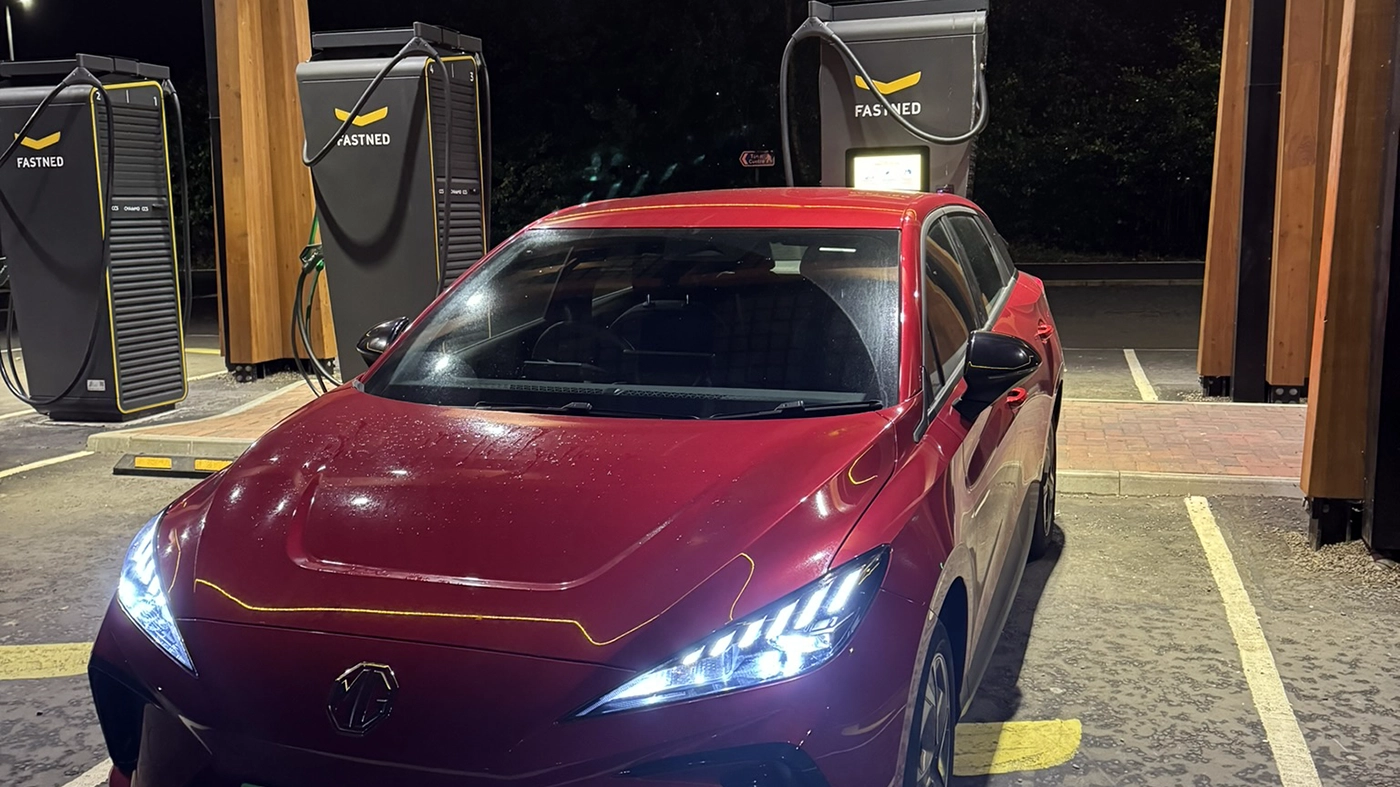Homeowners, businesses, and developers will now find it easier to install EV chargers without the need for planning permission.
By streamlining regulations, the UK government aims to rapidly expand the national charging network and support the country’s growing demand for electric vehicles while also boosting investment, job creation, and energy security.
Future of Roads Minister Lilian Greenwood confirmed that the new rules remove the requirement for most planning applications related to both private and public EV chargepoints.
This change particularly benefits homeowners with driveways, allowing for faster and more affordable installation of home chargers.
In addition to the planning overhaul, the government is continuing to offer grants of up to £350 for flat owners, renters, and those with on-street parking to help cover the cost of installing home EV chargepoints.
Greenwood added:
“We’re cutting down on paperwork to power up the EV revolution so that drivers, businesses, and those looking to make the switch will have more chargepoints to power from and less red tape to deal with.
We continue to make the switch to EVs easier, cheaper, and better by investing over £2.3bn to support drivers and back British carmakers through international trade deals – creating jobs, boosting investment, and securing our future.”
The deregulation also extends to businesses and public institutions, removing key bureaucratic barriers to installing EV infrastructure in workplace car parks and public spaces.
Lewis Gardiner, Operations Director at Osprey, highlighted the significance of new regulations:
“This is a hugely welcome and practical change that will make a real difference on the ground.
“Removing the need for planning permission for essential electrical infrastructure like substations across the majority of sites will save months of delays, reduce costs, and accelerate the delivery of the rapid charging hubs drivers need.
“It’s the result of months of collaboration between industry and government, and we’re proud to have played a key role in making it happen.”
Following the Government’s announcement, senior RAC policy officer Rod Dennis said:
“Getting more drivers to opt for an EV next time around depends on reducing the costs and removing the obstacles some people face – and that includes having to seek planning permission for a home charger. Having one installed unlocks the prospect of incredibly cheap charging, so homeowners will welcome this announcement.
“It remains the case, however, that the relatively high cost of public charging, especially at rapid and ultra-rapid sites – which is so important for people who have no option of charging up cheaply at home – still needs to be tackled.”



